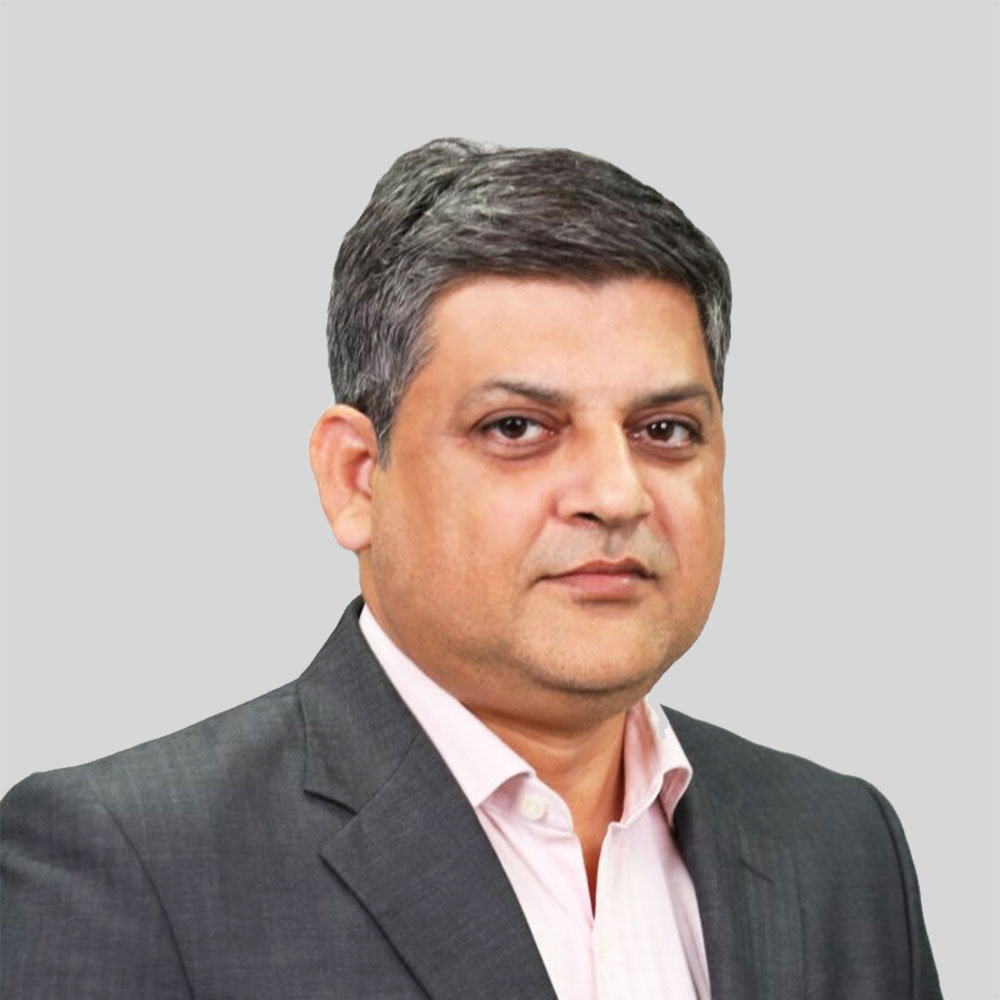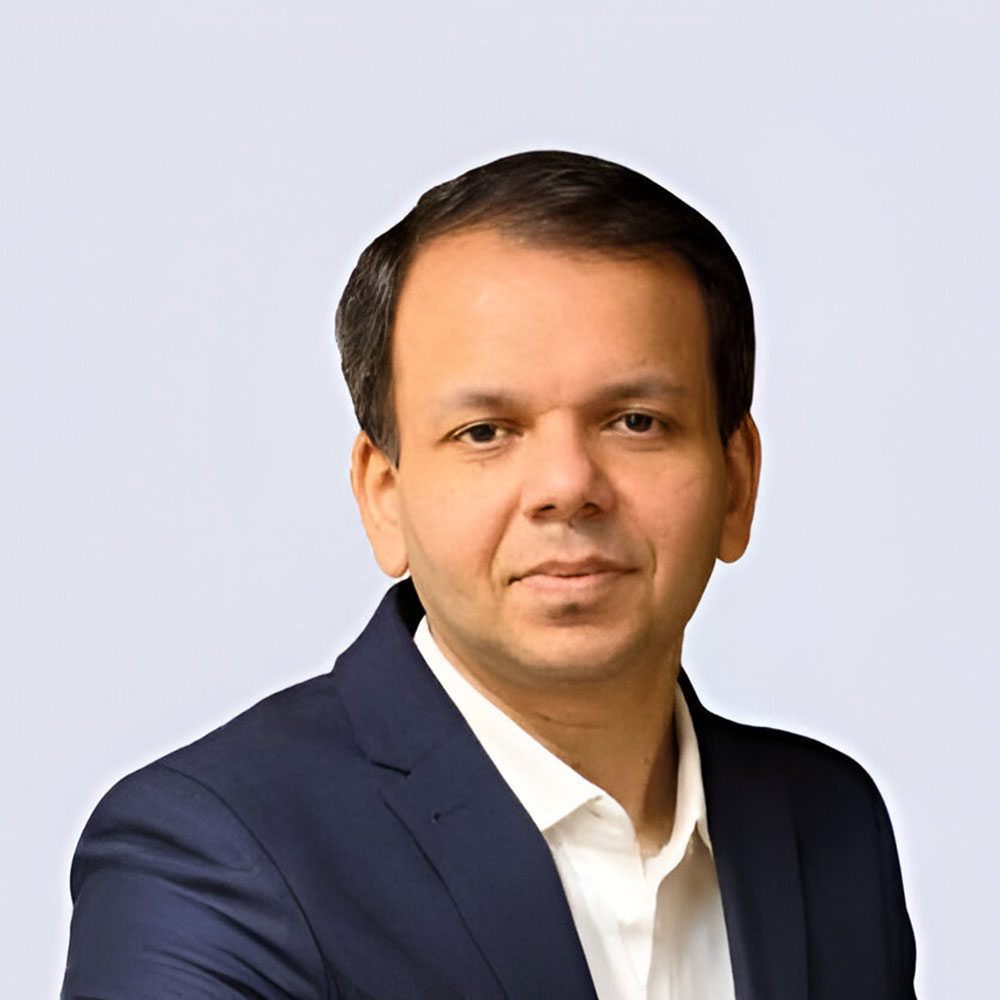Mr. Alok Singh
Chief Investment Officer - Fixed Income, Bank of India Mutual Fund.
Mr. Alok Singh is a Postgraduate in Business Administration from ICFAI Business School and a CFA with over 24 years of experience in Fund Management. He has a wealth of experience and impressive track record in fund management both for residents as well as for overseas investors. In the past, Alok has won numerous awards for stellar fund performance during his career span. Alok heads the overall Equity & Fixed Income Investment Operations for Bank of India Investment Managers as Chief Investment Officer. Alok’s remarkable achievement includes growing the company’s Assets Under Management from ₹100 crore to approximately ₹12,000 crore since his joining in April 2012.
Please note we have published the answers as it is received from the Fund Manager of Bank of India Mutual Fund.
Q1. The US Federal Reserve has signaled a data-dependent stance despite recent rate cuts. Given this cautious approach, do you see the risk of Fed policy surprises impacting global bond markets, and how are you factoring this uncertainty into your Indian debt positioning?
Answer: We believe that while the US Federal Reserve has adopted a data-dependent approach to assess the need for further rate cuts, the scope for policy surprises appears limited. The US economy is already facing its own growth challenges, which the Fed is likely to support through accommodative measures. This backdrop should continue to encourage the Reserve Bank of India to maintain a growth-supportive stance, provided inflation remains benign.
Q2. With the yen near historic lows and carry-trade risks rising, how could a sudden unwind impact Indian debt markets, FX volatility, and investor flows?
Answer: We see minimal risk of any significant impact from changes in yen carry trade on Indian debt markets. This is primarily because the majority of Indian debt is held domestically, with only a small fraction owned by foreign investors. Even within that limited foreign exposure, the inclusion of Indian bonds in global bond indices is expected to broaden the investor base and enhance stability, rather than trigger large outflows. However, a very high FX volatility may force RBI to harden the interest rate, though currently that situation has very low probability.
Q3. With the rupee hitting new lows against the dollar, how are you managing currency risk in your debt portfolio, particularly for overseas or hedged instruments?
Answer: We currently don’t have overseas exposure in the debt portfolio hence there is no direct risk.
Q4. With higher LCR buffers becoming effective from April 2026, what implications do you foresee for the demand–supply dynamics at the front end of the G-Sec curve? Could banks’ increased appetite for short-tenor securities distort pricing or crowd out other investors over time?
Answer: We do not expect the implementation of higher LCR buffers to have any significant impact on the yield curve, as we anticipate that the government’s issuance calendar will likely be adjusted to accommodate this incremental demand. Furthermore, the market’s depth and flexibility should help absorb these changes without causing distortions in pricing or crowding out other investors
Q5. As retail investors and digital platforms gradually open access to corporate bonds, do you expect this to alter liquidity, secondary-market depth, and price-discovery dynamics? Could this lead to a more stable bond ecosystem?
Answer: Digital platforms are playing an important role in addressing structural challenges in the debt market, particularly around secondary market depth and price discovery. However, their impact so far remains limited, and significant progress is still required for meaningful market transformation. With the right regulatory support and continued technological innovation, these platforms have the potential to substantially improve transparency, liquidity, and accessibility—ultimately resolving many of the issues faced by retail investors in the debt market.
Q6. What is your in-house credit research process? How do you assess a company's ability to pay, beyond just relying on external credit ratings?
Answer: We have a robust in-house credit research process designed to assess a company’s ability to generate sufficient cash flows to service its debt obligations. While external credit ratings serve as an initial reference point, our evaluation goes much deeper. We analyze factors such as business model sustainability, industry dynamics, liquidity position, leverage ratios, and management quality. This comprehensive approach ensures that we identify potential risks early and maintain a high level of credit discipline across our portfolios.
Note: Views provided above are based on information in the public domain and subject to change. Investors are requested to consult their mutual fund distributor for any investment decisions.
MUTUAL FUND INVESTMENTS ARE SUBJECT TO MARKET RISKS, READ ALL SCHEME RELATED DOCUMENTS CAREFULLY



